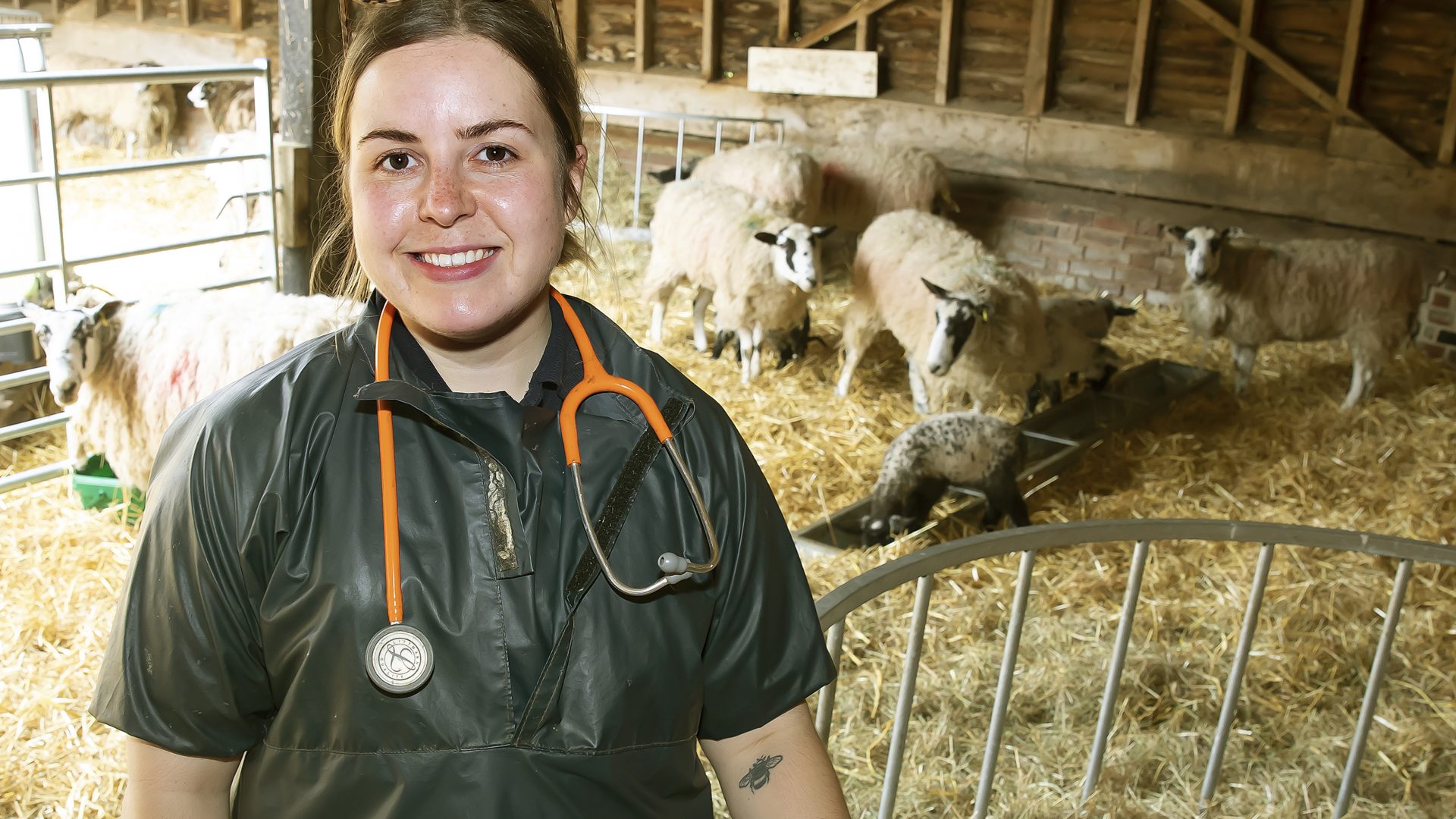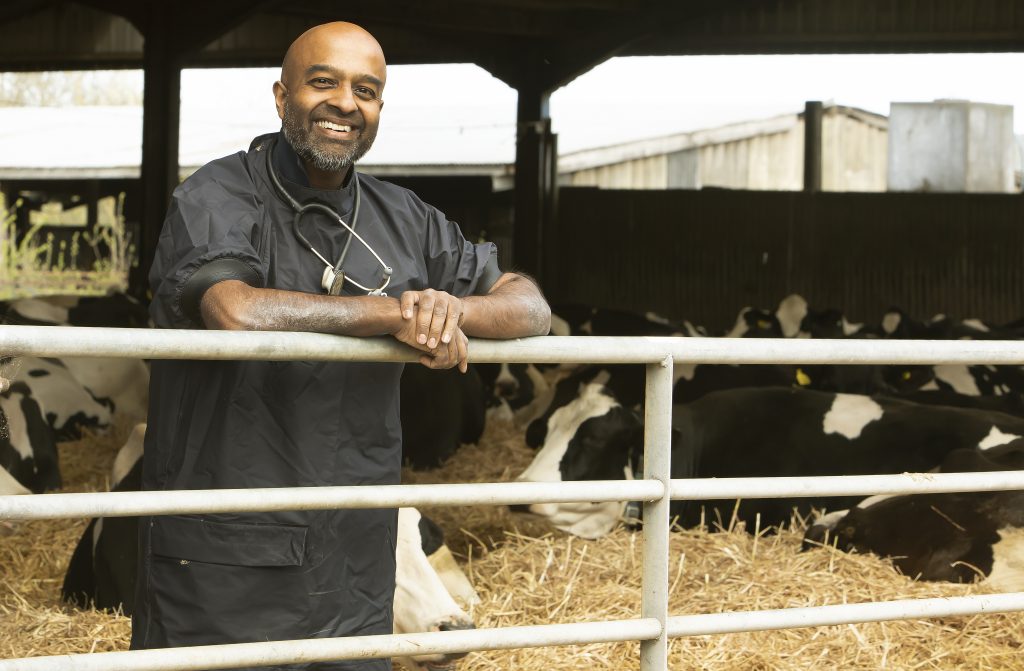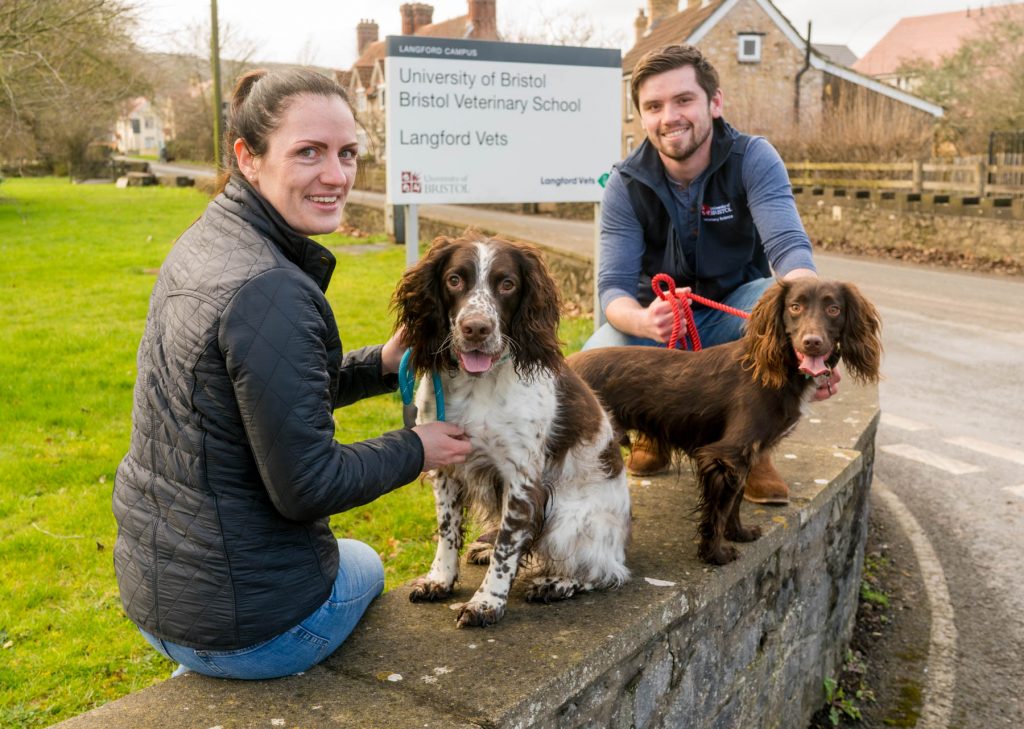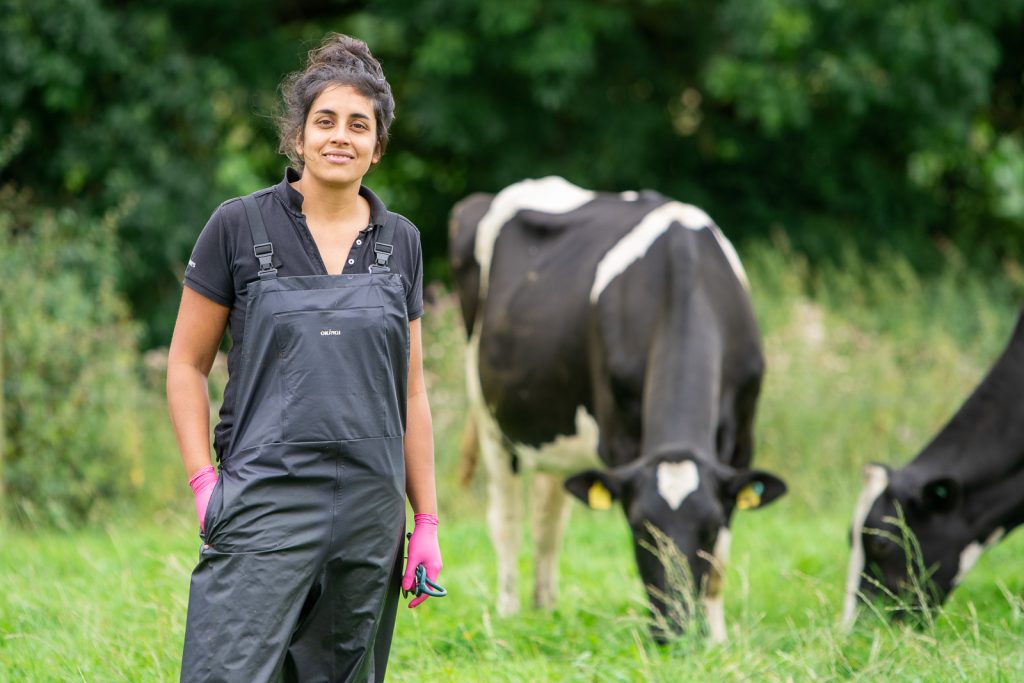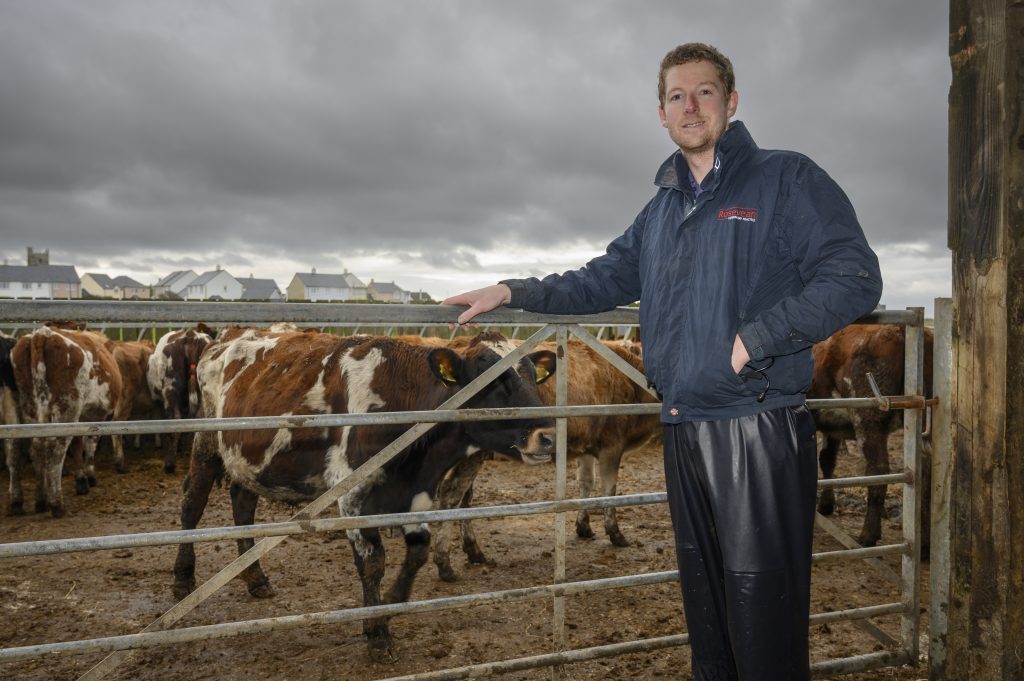VetPartners is dispelling the myths about what it takes to be a farm vet.
We’re building diverse, inclusive workplaces where colleagues from all backgrounds can enjoy happy, impactful veterinary careers even if they did not grow up on a farm.
Here, Olivia Casey shares her career journey and how she has broken the farm vet stereotype….
ESSEX farm vet Olivia Casey laughs as she reveals some common ground with cast members from a certain reality show set in the same county.
“If I’ve managed to get Fam-30 disinfectant on my hands, I’ll be scrubbing orange skin that looks suspiciously like fake tan for days,” she says.
Olivia’s wellies are a world away from the stilettos favoured on The Only Way Is Essex, but the county is richly diverse with a mix of town and country.
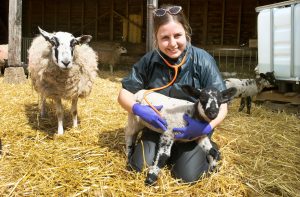 While Olivia hails from a small rural village – well away from the bright lights of Brentwood and Chigwell that are home to the stars of TOWIE – becoming a farm vet was nevertheless a surprise career choice for someone with no previous farming background.
While Olivia hails from a small rural village – well away from the bright lights of Brentwood and Chigwell that are home to the stars of TOWIE – becoming a farm vet was nevertheless a surprise career choice for someone with no previous farming background.
Olivia discovered her true-yet-unlikely calling to become a farm vet when she took a Saturday job grading eggs on a poultry farm at the age of 17, and felt an instant affiliation with the farming industry.
She is part of the team at Westpoint Farm Vets in Chelmsford and among a growing number of female farm vets working across the VetPartners family of practices who are dispelling the myths around what it takes to be a successful farm vet.
VetPartners employs the highest number of farm vets in Europe, and 75% of our UK farm vets do not come from a traditional a farming background, while 58% of them are women.
They are breaking the stereotypes of the farm vet sector, which is traditionally male, and helping to create a more diverse and inclusive profession.
“Our practice is one of the more diverse and many of our farm vets are women so our farm clients are accustomed to that,” she said.
“It doesn’t stop farmers remarking about the high number of women vets, but it is more curiosity that there aren’t as many male vets than anything offensive. None of us at the practice are from a farming background, but we are steeped in knowledge and care deeply about our clients and patients.
“No matter the gender, ethnicity or sexuality of farm vets, they are welcome at our practice and I believe the work to make this a more diverse profession begins in practices themselves.
“If farm vets are kind and welcoming to people from less traditional backgrounds then we will help to encourage more veterinary students to consider farm vetting as a career.”
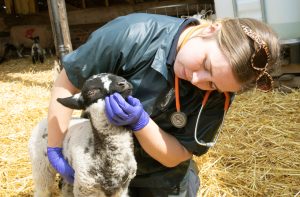 Olivia’s career journey began with a bio-veterinary degree at the Royal Veterinary College in London, before studying veterinary medicine at the same university.
Olivia’s career journey began with a bio-veterinary degree at the Royal Veterinary College in London, before studying veterinary medicine at the same university.
It was while spending time on placement at Westpoint Farm Vets in 2018 that her mind was made up to accept a role at the practice – and she is now thriving as part of a caring team that puts people and their wellbeing front and centre of everything it does.
Olivia said: “I had an instinctive, gut-feeling that this was the right choice of practice to begin my career. It may sound bizarre, but on my first morning on the placement, I sat at a desk and could picture myself working there.
“As a student, you do so many placements and not everyone is so welcoming. Receptionist Mel Pearmain was so lovely to me and Ami Sawran, the practice principal, took me under her wing. You were treated as a person rather than a spare part. On day one I went to see alpacas for the first time and not even that put me off!
“I love being a farm vet so much that it is hard to pinpoint all the things I love about it.
“When I started as a new grad, most of my friends were working in small animal practices. I used to feel bad about how happy I was because a lot of them weren’t receiving the same level of support as me or didn’t settle in as quickly. I felt it was a pleasure coming to work and it still is.”
Whether it is helping a ewe during a birth in lambing season, scanning cows in calf, advising on the use of antibiotics, TB testing, conducting castrates or dealing with a disease outbreak, no two days are ever the same for farms vets.
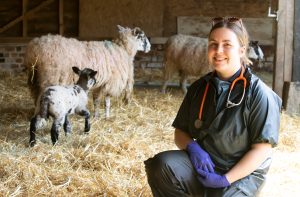 It is the richness of the role, the influential part farm vets play in the food chain and the variety of work that most appeals to Olivia, who wants to encourage more veterinary students to consider a career as a farm vet.
It is the richness of the role, the influential part farm vets play in the food chain and the variety of work that most appeals to Olivia, who wants to encourage more veterinary students to consider a career as a farm vet.
“Growing up in the South East, there weren’t many farms around but becoming a farm vet was something that really appealed, and vets like me have proved you don’t have to come from a farming background to have an impactful career,” she said.
“The majority of students want to go into being a small animal vet so most of the teaching focuses on small animal, and it would be good if universities offered more opportunities to do farm work.
“There are hard days with challenging cases or challenging feedback but we have some lovely clients and I wouldn’t change it for the world.”
For media enquiries, please contact Amanda Little, VetPartners PR and Communications Director. Email amanda.little@vetpartners.co.uk

